An in-depth look at the FSG master plan for Liverpool FC; and the direction the club is taking.
The FSG master plan for Liverpool is beginning to take shape. In recent weeks there have been a number of messages coming out of the club, and if you look at them as a whole they give very clear guidance to the direction the club is taking.
FSG attracted criticism from both supporters and the media for not having a clear plan for taking the club forwards; but in the three core areas of the club’s strategic priorities we have seen progress in recent weeks. Looking at recent announcements, this is my take on the direction the club is taking: what the ‘Liverpool Story’ looks like:
Football
 The ideological structure FSG wanted in place at Liverpool was for a Sporting Director to lead a team of specialist technical experts that included the ‘first team’ coach, in a collaborative approach to decision making on all footballing issues. Each expert would have a specialist area that they would lead on; but would all form part of a ‘technical’ committee.
The ideological structure FSG wanted in place at Liverpool was for a Sporting Director to lead a team of specialist technical experts that included the ‘first team’ coach, in a collaborative approach to decision making on all footballing issues. Each expert would have a specialist area that they would lead on; but would all form part of a ‘technical’ committee.
The purpose of the Sporting Director was to provide senior guidance and profile to the club’s global standing; it was also to provide continuity to the club’s technical blueprint and playing philosophy beyond the more results focused ‘team manager’. The idea being that if results demand a change in coach at first team level; the structure and philosophy of the club remains in place.
By appointing Brendan Rodgers FSG has made the pragmatic decision to abandon that structure in favour of a collaborative technical committee. Rodgers ideology and footballing philosophies are aligned to FSG’s vision for the club; which are probably influenced by a hybrid of the models at Barcelona and Arsenal.
The decision to abandon the Sporting Director model will give Rodgers the opportunity to prove that he can lead; and is an opportunity for him to realise his vision without a more senior, dominant personality in the background. It is a brave call by FSG to abandon a structure they have always favoured; but it is a sign of good leadership that they listen and react.
FSG still favour the Sporting Director model; and it could be that somebody still comes in either now or in the future to take on that role – but with a diluted brief. My belief is that it hasn’t been abandoned, but FSG are taking a ‘wait and see’ approach before deciding if it is right long term structural solution for the club.
The technical committee appointments are now almost complete with the appointment of David Fallows from Manchester City. Fallows is a pioneer in the scouting space; he has changed the way that scouts interact and transferred the knowledge base from individual scouts into an integrated data model. He is exactly the kind of fit that FSG favour; innovative, data driven and progressive.
The purpose of the technical committee is to reduce risk and use the power of collective knowledge in player recruitment. It is all about sourcing value and reducing risk by using statistical and data analysis hand in hand with more traditional scouting methodology to bring the right players, with the right attributes, at the right price to the club.
I expect that Pep Segura will also have a role in the newly formed ‘technical committee’ as Head of Development or Technical; his role will be to influence the playing philosophy at every level of the club so that there is a natural progression into the first team from the academy.
The style of football at the club will be influenced by Rodgers vision; which is perhaps most closely aligned to Barcelona and the Spanish side. I expect Liverpool players under Rodgers to be comfortable on the ball and possess good football brains: I expect technical ability to be the dominating attribute of any Rodgers signing.
The summary of our footballing strategy is clear: 
We are looking to develop a playing philosophy that combines high intensity and tika taka football; we will recruit players that fit into that philosophy through a collaborative process that is based upon data and statistical analysis. Our academy system will be an essential part of our future where we educate and develop players from a young age into the playing philosophy, and that will continue at every level through the development journey.
Aligned to that strategy is a focus on sourcing value throughout the lifespan of a contract. We will continue to be competitive in paying one off transfer fees; but will look to recruit players yet to reach peak and reward aligned to development and value to the team.
Stadium
In a recent email to the Anfield Wrap John.W.Henry gave the clearest signal yet that a new stadium is not on the agenda. The stadium solution is often seen as the holy-grail for Liverpool in bridging the revenue gap with our biggest rivals. There is a huge gap in match-day revenue between United and Liverpool; and that will naturally translate itself into a gap in the ability to compete.
When Liverpool was sold to FSG Martin Broughton said “it was a condition of sale” that the new stadium was built. In hindsight, that was a careless statement – as John.W.Henry points out when he says “No one has ever addressed whether or not a new stadium is rational.”
What FSG have been doing is taking the time to identify options; Henry’s email was the most sensible, pragmatic analysis of the stadium situation I have ever seen. I have always believed that a new stadium is the fundamental solution to long term future of the club and the local area. Without a new stadium, regeneration becomes more difficult.
Many rightly point out that it isn’t the club’s role to drive and pay for regeneration; but Liverpool FC is a community football club, and it does have a social responsibility to consider the impact of its decisions on the long term future of the community. There is also the issue of infrastructure and travel solutions. All of these things will be more difficult if a redevelopment of the Main Stand is the reality of the stadium solution.
Henry’s email also makes it clear the economic realities of a new stadium build in Liverpool v’s London. The cost of season tickets at Anfield has risen significantly over the past ten years without any stadium improvements. There have been league games in recent seasons that haven’t sold out; there is very little leverage left in raising prices.
All of this is a challenge. For a new stadium to be economically viable it would need to generate a guaranteed level of income; and it maybe that the economic realities don’t add up. Of course, there is also the issue of naming rights, which Henry mentions as still being discussed with ‘interested parties’. The level of sponsorship required to make a new stadium viable would have to be in the region of £150m, and in his climate, that is a tough but not impossible ask.
There are as many complexities with the redevelopment of the Main Stand, with residents and the council a barrier. Henry’s tone suggests that is the most economically responsible solution; but it will not be a quick process.
Reading between the lines of Henry’s email; he is setting the scene for supporters that the stadium issue is a long term one. There will not be a quick and easy solution or decision. FSG have done the research, they are incredibly well informed, and will not gamble the clubs long term future without a very robust model.
We should welcome that Henry has given an open and honest response to an emotive subject; and that FSG are not making brash promises and are dealing with the reality of the issue. I do expect that there will be a solution to the stadium issue: but it will have to be when the timing and economics are right.
Commercial
Without the revenue a new or redeveloped stadium can bring, Liverpool will need to be innovative in the commercial space to bridge that gap. They will need to look at all existing revenue streams, and make sure they are the leaders in those areas. But, the most important part of the club’s commercial strategy will be finding new revenue streams.
The appointment of Billy Hogan is a progressive step. FSG inherited a fantastic sponsorship deal with Standard Chartered; and have secured a lucrative deal with Warrior. These ‘big ticket’ deals all help to position the club as leaders in the commercial space; and they will contribute to bridging the revenue gap.
But the key for the club is to leverage its worldwide support. They need more supporters’ spending money outside of the ‘match day’ experience. If you look at the club’s digital footprint it is hugely impressive. Its social media presence alone has almost 10m likes on Facebook and 1m followers on Twitter. If every single one of the club’s Facebook fans spent £25 on Liverpool a year that would translate into revenue of £250m – dwarfing the gap in match day revenue.
The upcoming Fox documentary is an indicator of where the club is heading in commercial strategy; FSG are incredibly strong in media and channels. I expect Hogan to focus on the club’s digital footprint as the basis to increasing commercial revenues. I also expect that Jen Chang will be involved in this, and will be a big influence in the evolution of the clubs commercial activity.
Last season Ayre addressed the subject of clubs negotiating own TV rights; it didn’t go down well, but you can see his point. I don’t think that will ever happen; but I expect to see far more ‘high value’ friendly games form a part of the commercial strategy.
Without a stadium that is fit for purpose in today’s game, we need owners that are innovative in generating revenue. I think we are in safe hands with FSG as we continue to lead in the big ticket deals and find new revenue streams that will put us on the front foot until the stadium issue is resolved.
Summary
Whilst some of this outline is speculative, it is also formed on messaging that has come out of the club in recent weeks. It is clear to see that the club is improving its communications output; and I was delighted to see the excellent Anfield Wrap as the channel for the stadium update – I said in a recent article on This is Anfield I believe the club should use key opinion formers in the fan base as a channel more often, so delighted to see it happen.
It is an exciting time to be a Liverpool fan; I think that FSG are taking the right decisions to build a sustainable future. The club has been through digression to transition and now progression.
The above is an outline of a very clear plan. I also have a strong belief that this is the beginning of a new Liverpool Way (article on Tomkins Times); one that is blending our traditions and heritage with a progressive vision.
And finally, one of the best things about FSG and John.W.Henry is that they recognise that not every decision they make has to be popular, but it has to be right. In any walk of life, that is a sign of outstanding leadership.
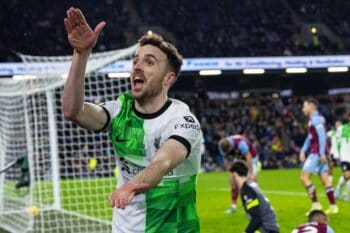
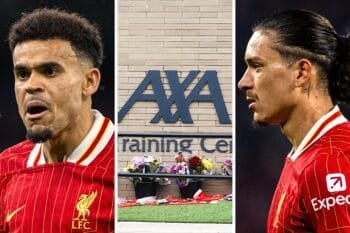
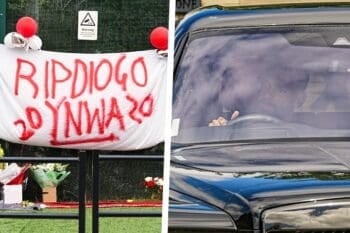

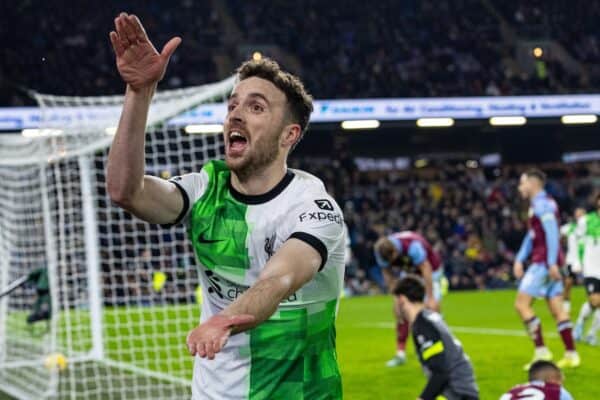
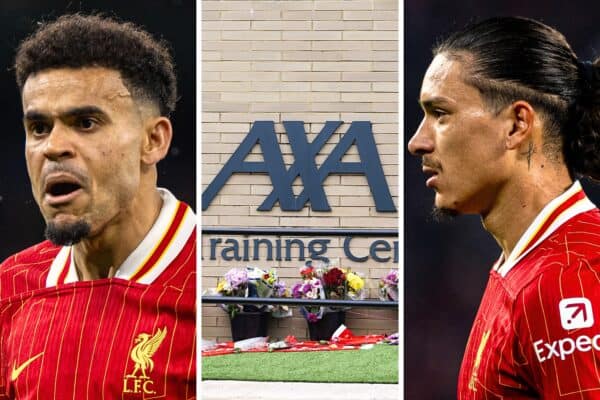
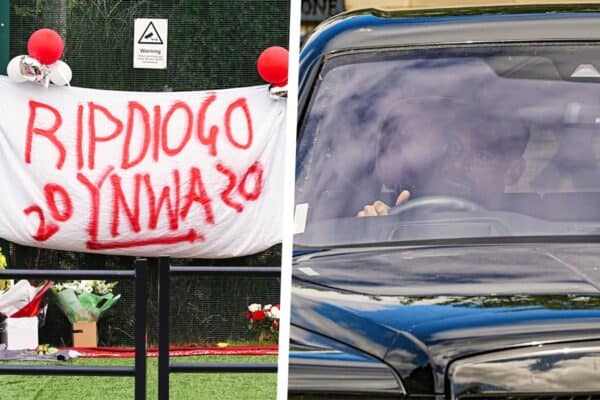


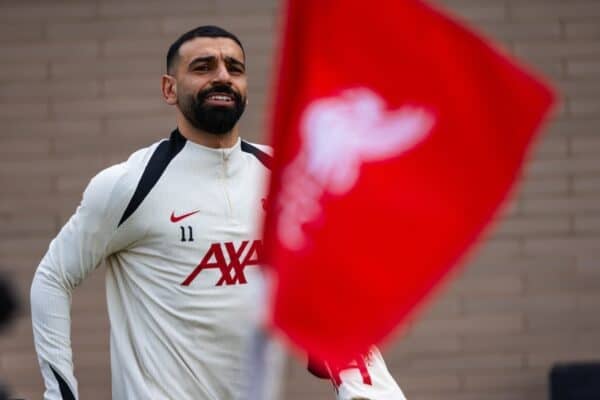
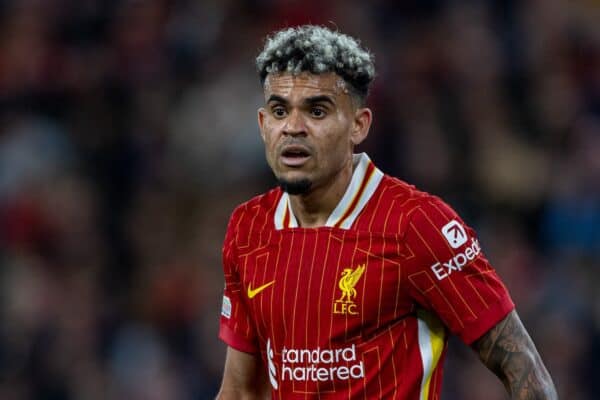
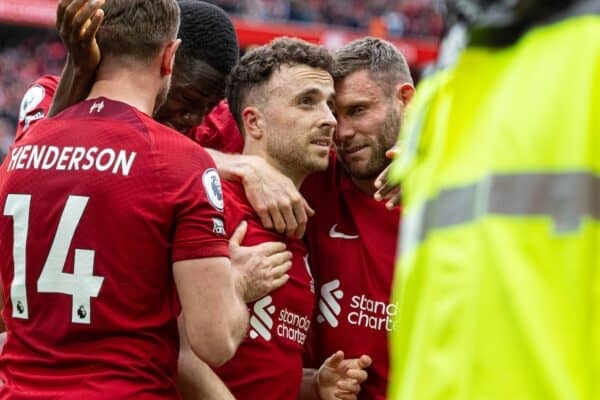




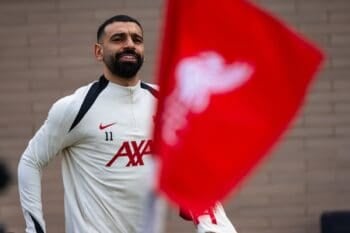
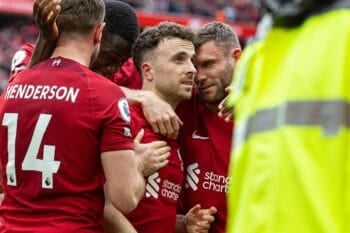
Fan Comments